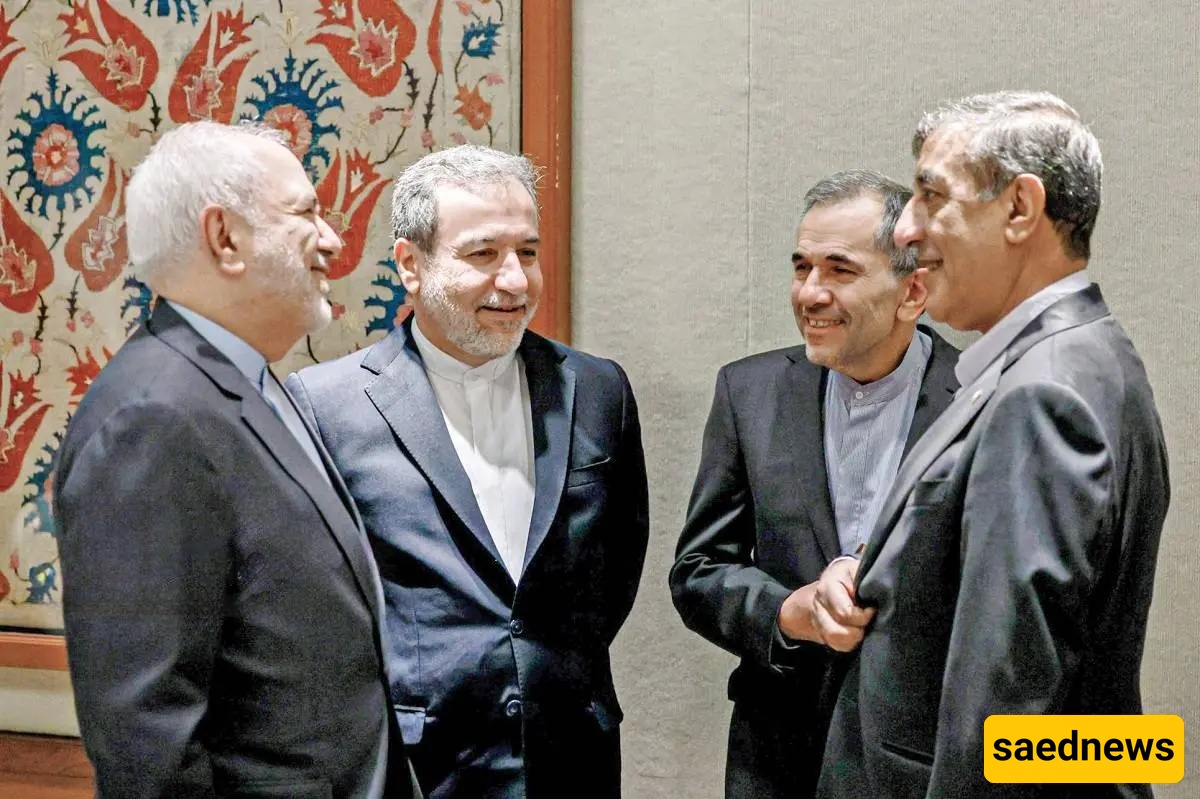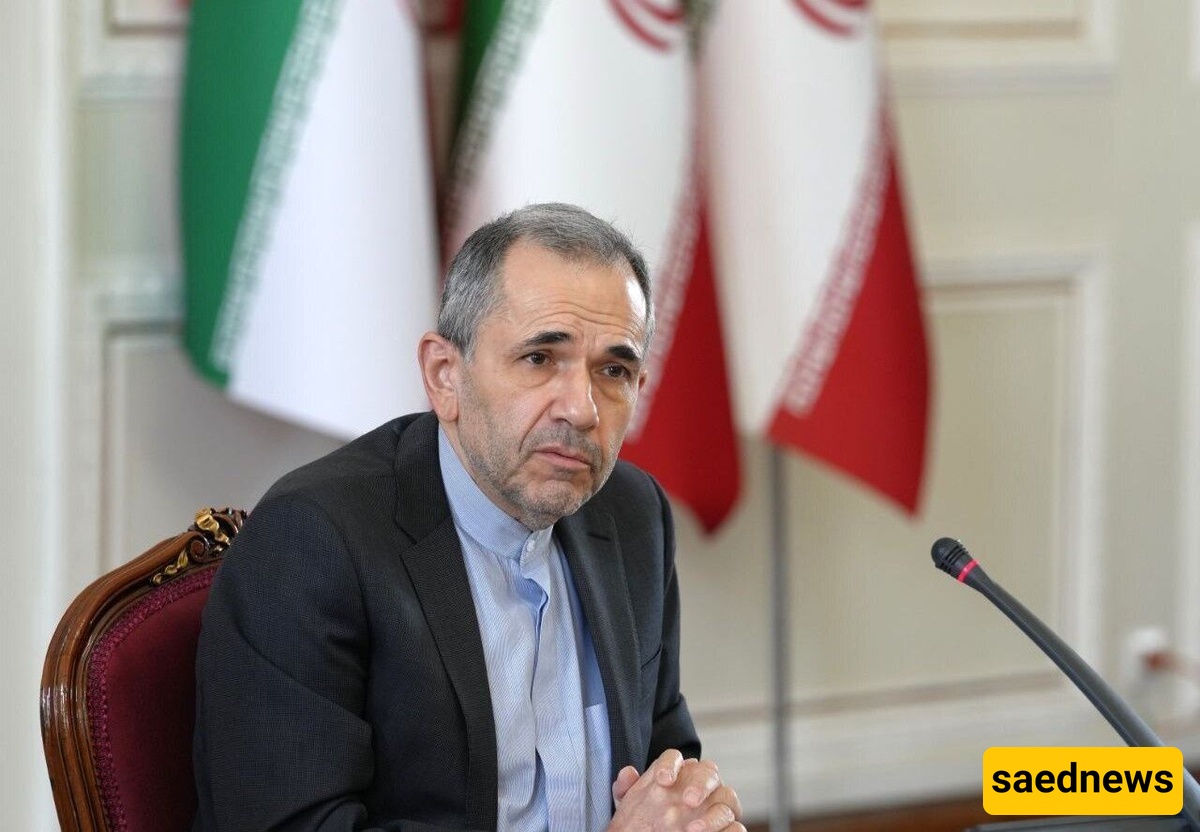SAEDNEWS: The Iranian Deputy Foreign Minister said that Iran will accept "restrictions on nuclear development" if U.S. sanctions are lifted.

According to the political service of SaedNews analytical news website, Majid Takht-Ravanchi, Deputy Foreign Minister of the Islamic Republic of Iran, emphasized in an interview with a Japanese media outlet that Iran, in exchange for the lifting of U.S. sanctions against Iran, "will accept limitations on nuclear development for a specified period" and Tehran can agree to temporary restrictions on its peaceful nuclear activities as part of a "win-win and fair agreement."

According to Kyodo News, nuclear negotiations between Iran and the U.S. have stalled due to a significant disagreement: the United States demands an end to uranium enrichment, while Iran opposes this. On the eve of the sixth round of consultations mediated by Oman, Iran faced aggressive attacks by the Zionist regime, which the United States later joined by bombing three Iranian nuclear facilities.
The report claims Iran has increased its uranium enrichment level to 60 percent, approaching the 90 percent level required for nuclear weapons, but Takht-Ravanchi did not specify how much Iran would reduce enrichment. He reiterated his refusal to accept a halt to uranium enrichment, calling it "out of the question."
In the interview with Kyodo, Takht-Ravanchi said: "Iran can be flexible regarding enrichment capacities and limitations, but under no circumstances can it agree to stop enrichment because it is essential, and we must rely on ourselves, not on empty promises. It is simple and clear; if the United States insists on zero enrichment, then there is no agreement."
Takht-Ravanchi accused the U.S. of "deceiving us under the pretense of dialogue," saying Iran is "ready to negotiate" with the United States, but "the United States must clarify whether it is truly interested in a win-win dialogue or imposing its will."
The Deputy Foreign Minister called for accountability regarding the attacks "to enable honest dialogue," adding that while compensation for the aggressive attacks is not a precondition for future negotiations, it will be raised during talks.
He said, "The U.S. attacks on Iran’s nuclear facilities were illegal and caused serious damage. We fully reserve the right to claim compensation."
Takht-Ravanchi noted that Tehran continues communication with the U.S. through a third-party country but did not specify when negotiations might resume. He also condemned the aggressions by the Zionist regime and the United States against Iran, stating, "For negotiations to continue, Washington must guarantee that if talks resume, it will not attack Iran again."
He reiterated that limiting Iran’s missile program is "out of the question."
Despite rising tensions, Takht-Ravanchi said diplomatic channels via intermediaries remain open. He affirmed, "Iran is ready to talk with the United States," but warned that new U.S. threats will be met with firm defense.
He described the European troika’s ultimatum related to the snapback mechanism deadline at the end of August as "unilateral," but confirmed Tehran’s willingness to continue talks with European powers.
He stressed that Iran’s nuclear program "will remain peaceful," and Tehran is ready to cooperate with the UN nuclear watchdog to ensure safe and transparent inspections, including at facilities damaged in recent attacks, in accordance with new guidelines to be agreed upon with the International Atomic Energy Agency.
Iran has repeatedly stated its nuclear activities are for peaceful purposes like energy production and medical research, while Western powers have long claimed the country seeks nuclear weapons capability. In June, the Zionist regime and the United States launched aggressive moves against Iran’s sovereignty and territorial integrity, which Iran responded to forcefully during "Honest Promise 3," targeting U.S. interests in Qatar. Ultimately, a ceasefire was imposed on the aggressors.

